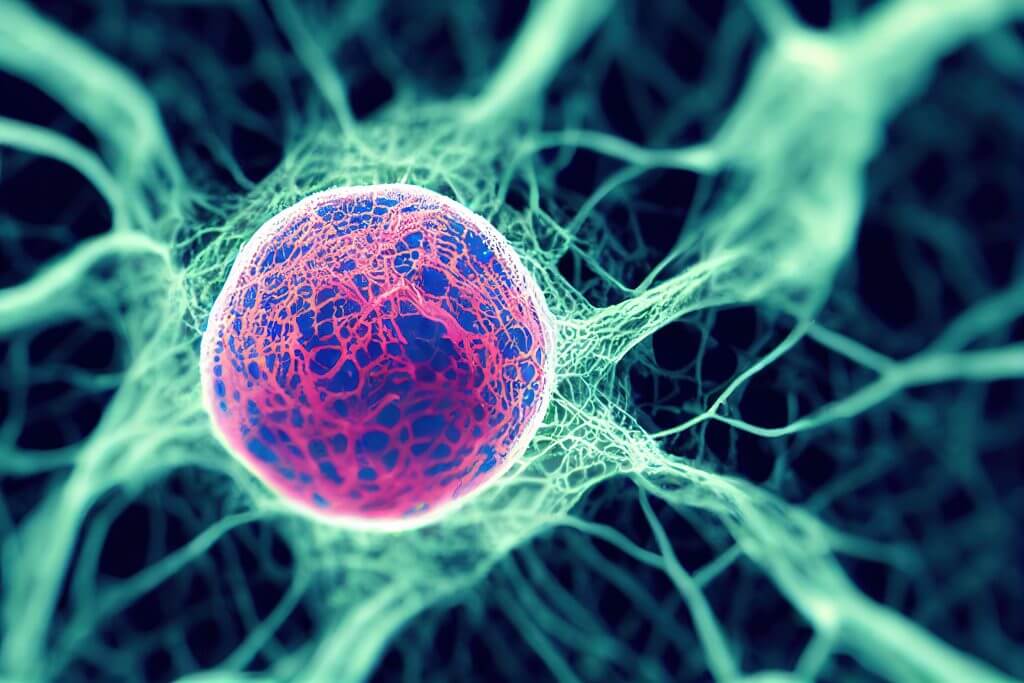
Unveiling the Future of Cancer Treatment: A Deep Dive into Immuno-Oncology Clinical Research
Cancer, a relentless adversary that has plagued humanity for centuries, is witnessing a remarkable revolution in its treatment landscape. Immuno-oncology, a cutting-edge field within clinical research, is changing the game by harnessing the power of the immune system to combat cancer. In this blog, we delve into the captivating world of immuno-oncology clinical research, exploring its significance, breakthroughs, challenges, and promises.
The Essence of Immuno-Oncology Clinical Research
At the heart of immuno-oncology lies a transformative concept: rather than directly attacking cancer cells, why not unleash the body’s own immune system to identify and destroy these harmful entities? Immuno-oncology clinical research aims to turn this concept into reality, designing innovative therapies that engage the immune system in the fight against cancer.
The Significance of Breakthroughs
In recent years, immuno-oncology has given rise to groundbreaking therapies that have redefined cancer treatment. Checkpoint inhibitors, for instance, have garnered immense attention. These drugs essentially remove the brakes from the immune system, allowing it to recognize and attack cancer cells more effectively. Witnessing patients who had exhausted traditional treatment options experience remission thanks to immuno-oncology is a testament to its potential.
Navigating Challenges
As with any frontier of science, immuno-oncology clinical research is not devoid of challenges. While some patients respond remarkably well to these therapies, others exhibit minimal to no response. Predicting these responses remains an ongoing challenge. Additionally, managing potential immune-related adverse events requires careful monitoring and management strategies.
The Promise of Personalization
Personalized medicine takes center stage in immuno-oncology research. By analyzing a patient’s immune profile and tumor characteristics, researchers are inching closer to tailoring treatments that have the highest likelihood of success. This move from a one-size-fits-all approach to precision medicine is a game-changer, offering patients treatments that align with their unique biological makeup.
Collaboration is Key
The multifaceted nature of immuno-oncology clinical research demands collaboration across various disciplines. Oncologists, immunologists, pharmacologists, and data scientists converge to decode the complex interactions between the immune system and cancer. This collaborative effort is propelling the field forward, enabling faster translation of discoveries from bench to bedside.
Shaping the Future
The journey of immuno-oncology clinical research is an ongoing exploration of the intricate cogs that power our immune system’s response to cancer. As breakthroughs continue to illuminate the path, the hope for more effective and less toxic treatments intensifies. With each clinical trial, we inch closer to realizing a future where cancer can be treated with precision and compassion.
In conclusion, immuno-oncology clinical research stands as a beacon of hope in the realm of cancer treatment. Its innovative therapies, challenges, and promises collectively paint a picture of a future where the immune system takes center stage in the fight against cancer. As researchers, clinicians, and patients unite in this endeavor, the landscape of cancer treatment is set to transform in ways we could once only imagine.


